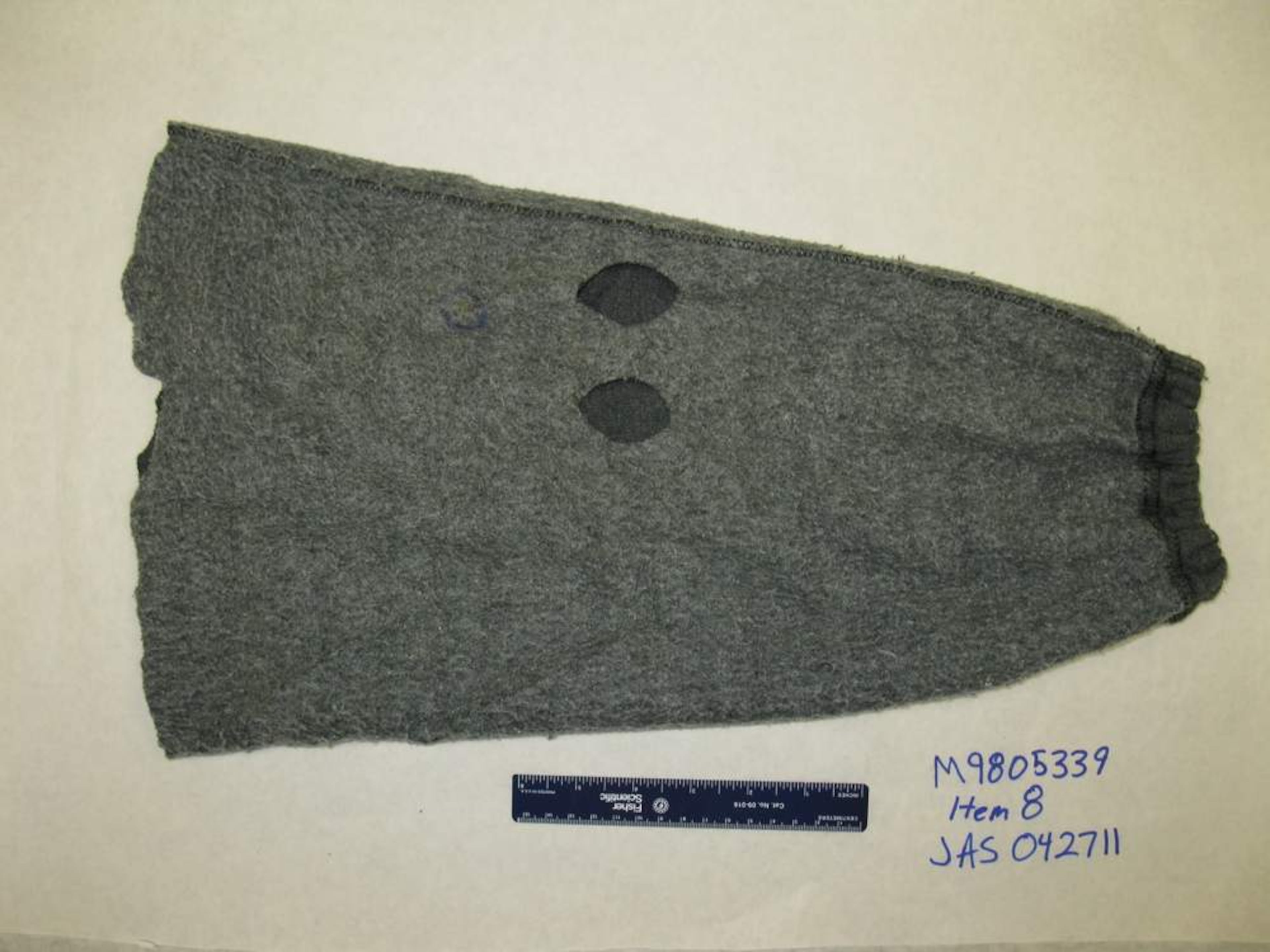EXCLUSIVE: Devonia Inman, behind bars for 23 years, was wrongfully convicted, judge says

Finding prosecutors withheld critical evidence, a judge has thrown out the conviction of a man imprisoned for 23 years for a South Georgia murder he insists he did not commit.
The ruling grants a new trial to Devonia Inman, who was sentenced to life in prison without parole for the 1998 murder of Donna Brown, a Taco Bell night manager in Adel. She was slain in the restaurant’s parking lot, and her killer took from her about $1,700 of the day’s receipts after shooting her in the face.
Inman’s conviction was later upheld on appeal even though DNA evidence strongly suggested another man committed the killing.
Tuesday’s ruling by Chattooga County Chief Judge Kristina Cook Graham follows an opinion issued two years ago by Georgia Chief Justice David Nahmias who said Inman’s case, out of more than 1,500 murder cases he had reviewed, “is the one that causes me the most concern that an innocent man remains convicted.”
Tom Reilly, a lawyer with the Atlanta law firm Troutman Pepper, which has represented Inman at no cost, applauded the ruling.
“We, along with Mr. Inman and his family, were extremely gratified to receive the court’s final order,” he said. “We are hopeful that the court’s order will finally bring an end to this matter and that Mr. Inman will be reunited with his family as soon as possible.”
A spokeswoman for the state Attorney General’s Office, which unsuccessfully defended Inman’s conviction, said the office had no comment.
The Devonia Inman Case
The story of Devonia Inman’s conviction in South Georgia was spotlighted in an Atlanta Journal-Constitution Breakdown podcast, “Murder Below the Gnat Line.” The 2017 podcast asked, “Is the wrong man in prison?”
He was sentenced to life in prison without parole for a 1998 murder. The victim, the night manager of the Taco Bell in Adel, Ga., was shot through the right eye as she carried the night’s proceeds to her car in the restaurant’s parking lot.
Here are some links to our continuing coverage
Intro: What happened to put Devonia Inman in prison?
December 2021: Devonia Inman freed after 23 years in prison for wrongful conviction
2021: Devonia Inman, behind bars for 23 years, was wrongfully convicted, judge says
2019: Georgia Supreme Court justices question imprisoned man’s conviction
2017: “Murder Below the Gnat Line,” Listen to Season 4 of the AJC’s “Breakdown” podcast
Inman’s case, chronicled in Season 4 of The Atlanta Journal-Constitution’s Breakdown podcast, is remarkable. With no physical evidence tying him to the crime, he was convicted largely on the testimony of four key witnesses, three of whom have since recanted their testimony.
During a court hearing in June, Graham signed an order that said, in essence, she is under the assumption that Hercules Brown — not Inman — was the actual killer. (Hercules Brown is not related to Donna Brown.)
Before Inman’s trial, his lawyers sought to introduce testimony from witnesses who would have said Hercules Brown had told them he committed the murder. But the trial judge disallowed it.
Brown and another man would kill two people during an armed robbery of Bennett’s Grocery in Adel months after Donna Brown’s killing. Hercules Brown later pleaded guilty to those murders and is serving life without parole.
A decade after Inman’s trial, the Georgia Innocence Project was allowed to conduct DNA testing on a makeshift mask found in Donna Brown’s car after the killing. The GBI crime lab found a match: Hercules Brown.

“The prosecution introduced into evidence the homemade mask found in Donna Brown’s car and suggested at trial that the mask was worn by her killer,” Graham wrote in her 28-page order. “The prosecution argued that it thoroughly investigated the case, going down ‘every road’ and that all roads led back to Mr. Inman as the murderer.”
What the prosecution did not turn over to Inman’s trial lawyers was information that Hercules Brown had been arrested in September 2000 for illegal gun and crack cocaine possession outside an Adel supermarket. In Brown’s car, police found a homemade mask similar to the one prosecutors said Inman wore while killing Donna Brown.

If information about the mask had been disclosed to Inman’s lawyers, it “would have been independent, reliable and admissible evidence tending to connect Hercules Brown to the murder, corroborating the defense’s theory of mistaken identity,” Graham wrote.
Moreover, the DNA found on the mask recovered from Donna Brown’s car “further corroborates Hercules Brown’s guilt and strongly supports Mr. Inman’s claims of innocence.” Graham said.
Separately, Graham found that Inman’s trial lawyer failed him because she learned the homemade mask had been found by police during Hercules Brown’s arrest in September 2000 and failed to disclose that information to Inman or his appellate lawyer.
“This court recognizes that the miscarriage of justice exception is reserved for extraordinary circumstances and is to be sparingly applied,” Graham wrote. “But this is an extraordinary case.”



